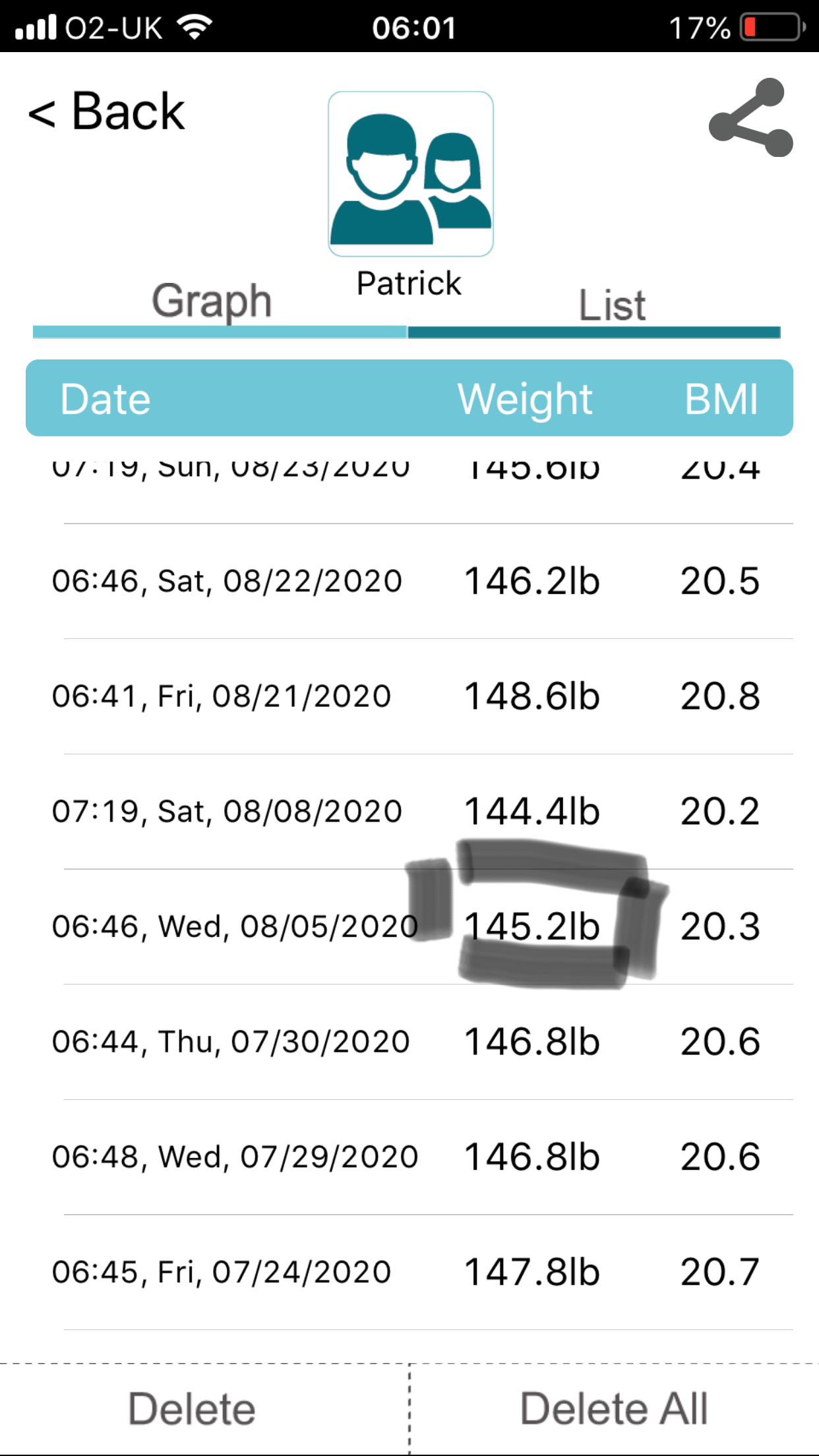What do you mean bmi has long been known to be a poor way to measure oneself? (Btw Jon, I don’t intend this to be an attacking tone toward you; it’s just that the topic of BMI gets me all riled up!)
All I’ve seen to that effect are unresearched articles snowballing that claim from other bloggers and journalists who made the same baseless claim until it became the prevailing “common sense” take on bmi.
The idea is based on the “common sense” idea that “nfl players and bodybuilders are considered obese according to bmi charts, so it’s not a valid measurement. If you have more muscle mass you can be categorized as overweight or obese even if you’re fairly lean, ergo bmi is OBVIOUSLY invalid.” However, as far as I know, actual research demonstrates that adverse health outcomes are indeed clearly correlated with higher BMIs, IRRESPECTIVE of leanness. Carrying around 50 extra pounds of muscle isn’t healthy either.
Furthermore, have you ever seen somebody who slots in around 24.9 BMI at single-digit body fat? They’re super jacked. I mean, take that pic of frodeno, who apparently weighs <160 but is ripped, and just imagine FORTY POUNDS of muscle on his frame. He’d be absolutely huge, yet he’d still be in the “healthy” category of BMI at that weight! People with no real personal experience of true fitness make all kinds of false assumptions about how much body fat and lean mass they carry around, and about how being low weight makes you small or skinny. If they actually ever got fit they’d see that what they thought they’d look like at, say, 185 pounds is actually still chubby, and they’d need to get down to 165 to have that look they want.
I have a buddy who lifts like crazy; he’s 5’10” and about 195lb, and he is pretty yolked. Big arms, chest, back, and legs too. But he could easily lose 20lb. You can’t see his fat very well because he has a bigger frame to carry it on, but it’s there—you really can’t even see any of his stomach muscles, for example. The point is, this is a super muscled guy with incredible strength who has not stopped lifting since freshman year of high school (28 years), an ex-D1 collegiate scholarship athlete, and he is in the overweight category by bmi, and he (A) should be classified as such, and (b) he has way more muscle than 99.99% of all these armchair “experts” blogging and penning articles for big publications who make this stupid claim about bmi not being legit because “it depends on your muscle mass,” yet if he just lost the fat on his belly he’d actually be in the healthy category of bmi! If HE doesn’t have too much muscle mass to fit into the healthy category, literally almost nobody does. So tell me, who TF are these articles aimed at? Basically NO ONE in the general population has anywhere close to the muscle mass necessary to skew their BMI. And according to the actual literature, even the outliers who do would still be better off if they carried less mass!
I’ll tell you what these articles and this prevailing thought are all about: not the legitimacy of the BMI scale, but rather making people feel better about being fat: “Oh, well I read BMI is outdated and inaccurate because muscle, so I’ll just stay where I’m at.” I have another buddy who’s about 5’7” and 190, and his doctor told him he’s on the cusp of being obese according to BMI. He says “I don’t feel like I’m obese. I don’t think I look obese. I heard BMI isn’t really that accurate anyway.” So he doesn’t lose the weight! Fricking ridiculous, man. I guarantee you longevity and health outcomes are strongly correlated with lower body mass, regardless of lean body mass.



